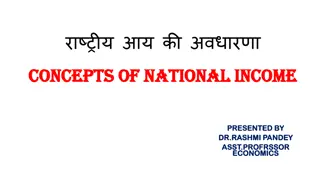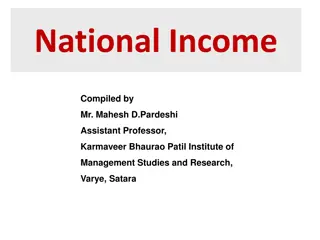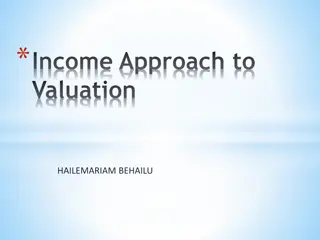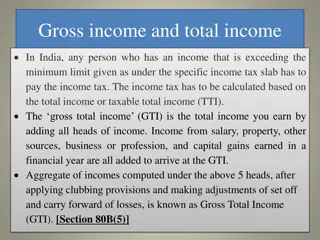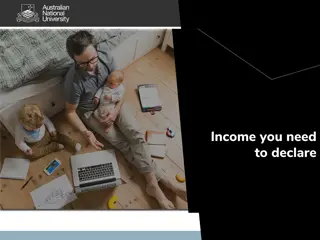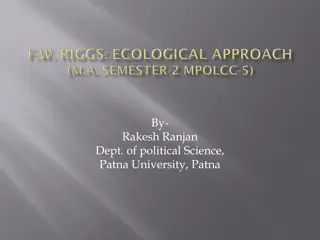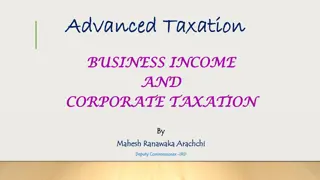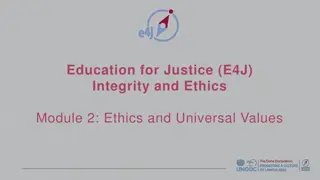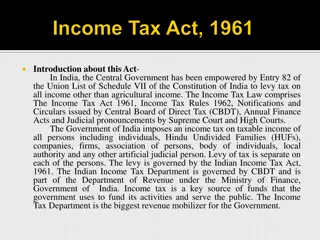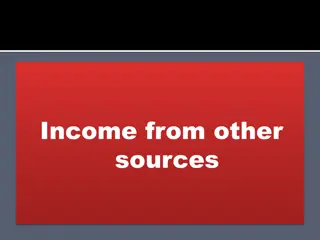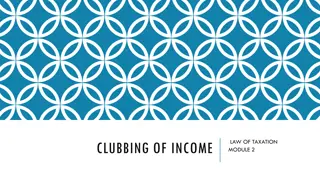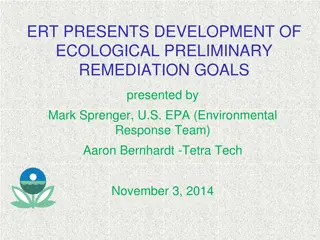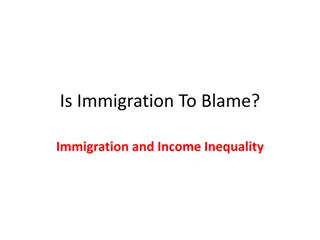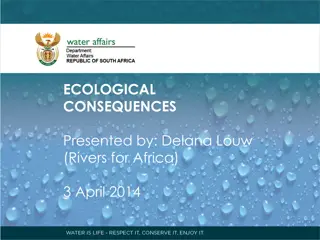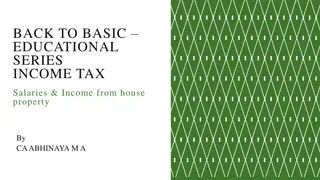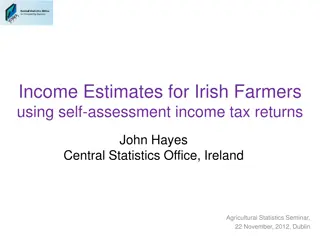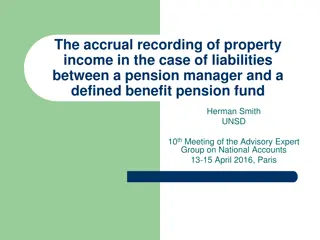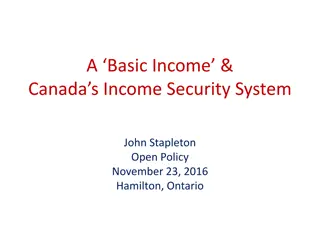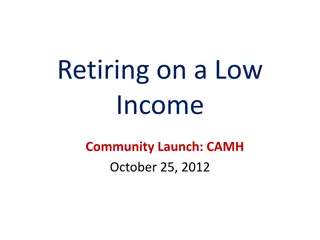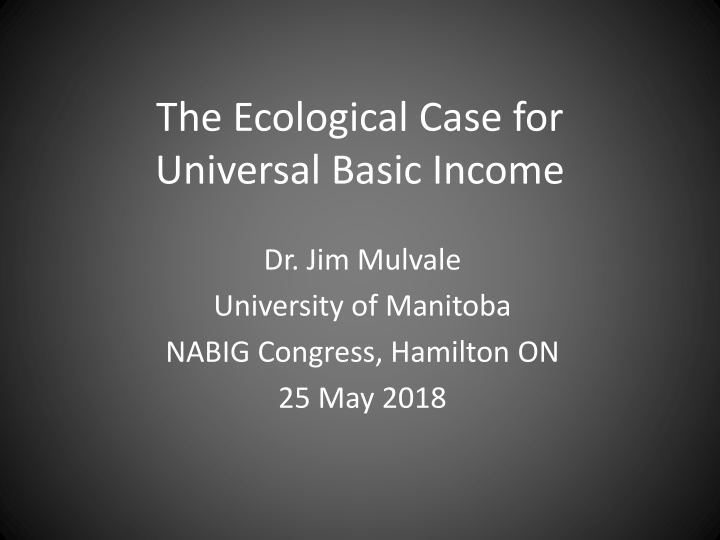
The Ecological Case for Universal Basic Income and Green Economy
"Explore the necessity of Universal Basic Income (UBI) for achieving ecological sustainability and economic justice. Learn about the transition to a green economy and the essential public policies required, including UBI as a key element. Discover the importance of ending our reliance on economic growth and implementing a truly universal and adequate UBI for a just society."
Download Presentation

Please find below an Image/Link to download the presentation.
The content on the website is provided AS IS for your information and personal use only. It may not be sold, licensed, or shared on other websites without obtaining consent from the author. If you encounter any issues during the download, it is possible that the publisher has removed the file from their server.
You are allowed to download the files provided on this website for personal or commercial use, subject to the condition that they are used lawfully. All files are the property of their respective owners.
The content on the website is provided AS IS for your information and personal use only. It may not be sold, licensed, or shared on other websites without obtaining consent from the author.
E N D
Presentation Transcript
The Ecological Case for Universal Basic Income Dr. Jim Mulvale University of Manitoba NABIG Congress, Hamilton ON 25 May 2018
Ecological Case for UBI UBI is a necessary (but not sufficient) step if we are to achieve two fundamental preconditions for an ecologically sustainable economy in a just and equal society: Ending overall economic growth Achieving a radical redistribution of income and wealth
We must end our addiction to economic growth as the presumed basis of prosperity and economic betterment of the middle and working classes, and as the path out of poverty The full employment economy was a foundational assumption and aspiration (never achieved) of Keynesian welfare state regimes
Public policies required for a green economy in a just and democratic society 1. universal basic income 2. adequate and affordable housing 3. local food security as an alternative to global agribusiness 4. labour market restructuring for green jobs and care work
Public policies required for a green economy in a just and democratic society (cont d) 5. public transportation that is low/no carbon 6. zero (overall) population growth 7. land-use planning and habitat protection 8. ecological education 9. green health care and prevention / health promotion strategies
What sort of UBI do we need? For a green economy and a just society, our medium- to long-term goal as the basic income movement must be a thick (truly universal and adequate) version of UBI

